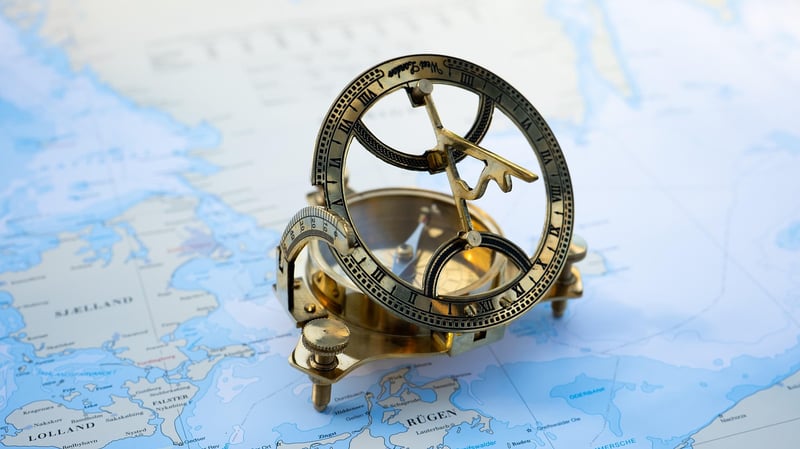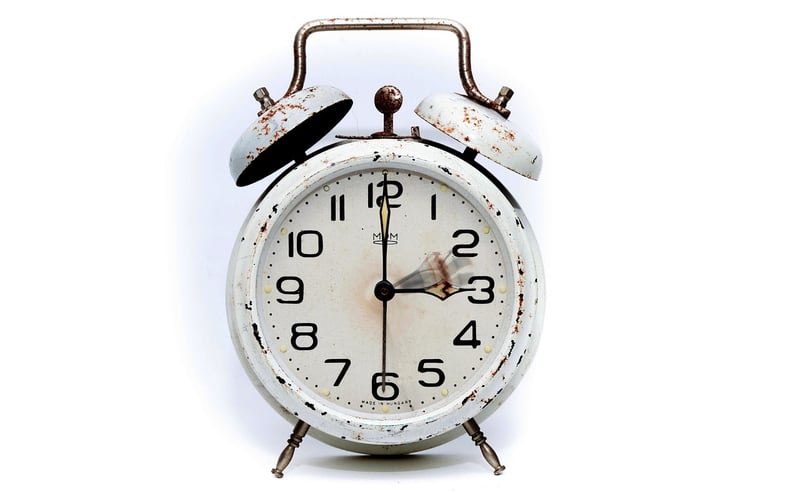Future Exploration
Exploring Time Periods and Future Exploration
Introduction
Time is a fascinating concept that has intrigued humans for centuries. From ancient civilizations to modern-day scientists, the exploration of time periods has been a recurring theme in various fields. Let's delve into the exploration of time periods and take a glimpse into future possibilities.
Ancient Timekeeping
Ancient civilizations like the Egyptians, Greeks, and Romans had unique methods of timekeeping. The sundial, water clock, and hourglass were some of the early tools used to measure time. These ancient timekeeping devices laid the foundation for our modern clocks and calendars.

Medieval and Renaissance Period
During the medieval and renaissance period, advancements in astronomy and mathematics contributed to a more accurate understanding of time. The invention of mechanical clocks revolutionized timekeeping and paved the way for precise time measurement.

Modern Timekeeping
In the modern era, atomic clocks have set the standard for precision timekeeping. These clocks are so accurate that they can measure time to within a billionth of a second. Global time standards like Coordinated Universal Time (UTC) are based on atomic timekeeping.

Future Exploration of Time
As we look towards the future, scientists are delving into concepts like time travel and the nature of time itself. Theoretical physics explores the possibility of wormholes and time dilation, challenging our understanding of time and space.
Exciting Possibilities Ahead
- Exploring parallel universes and alternate timelines
- Studying the effects of time dilation on space travel
- Understanding the concept of a multiverse and its implications on time
The exploration of time periods has come a long way, from ancient sundials to cutting-edge atomic clocks. As we continue to unravel the mysteries of time, the future holds endless possibilities for further exploration and discovery.
Let's step into the future, where the boundaries of time may no longer confine us!
